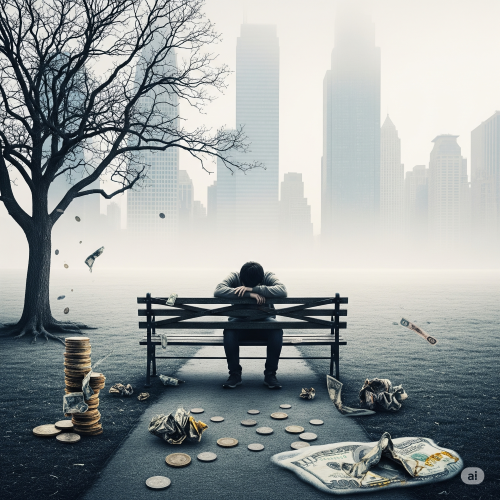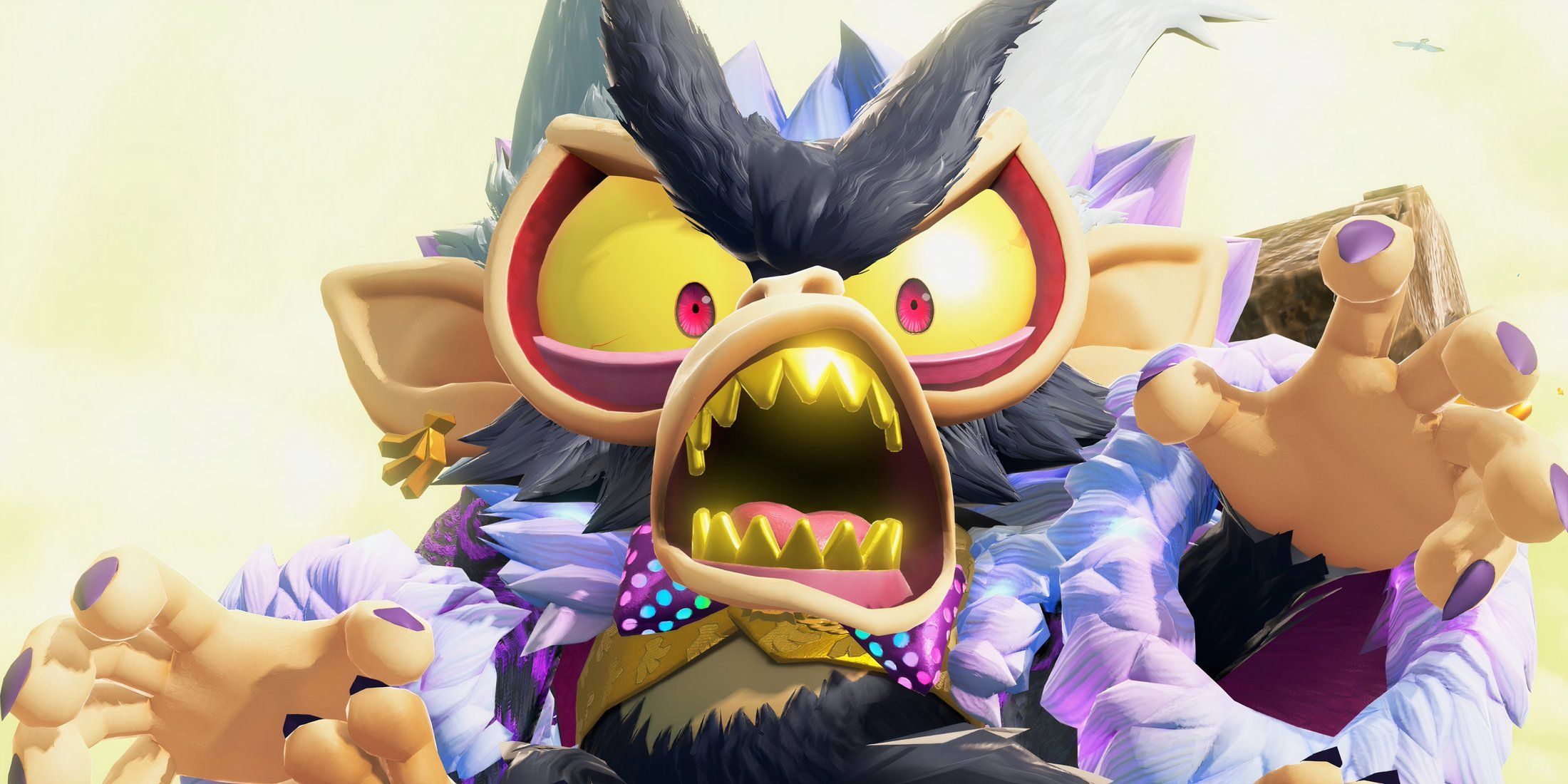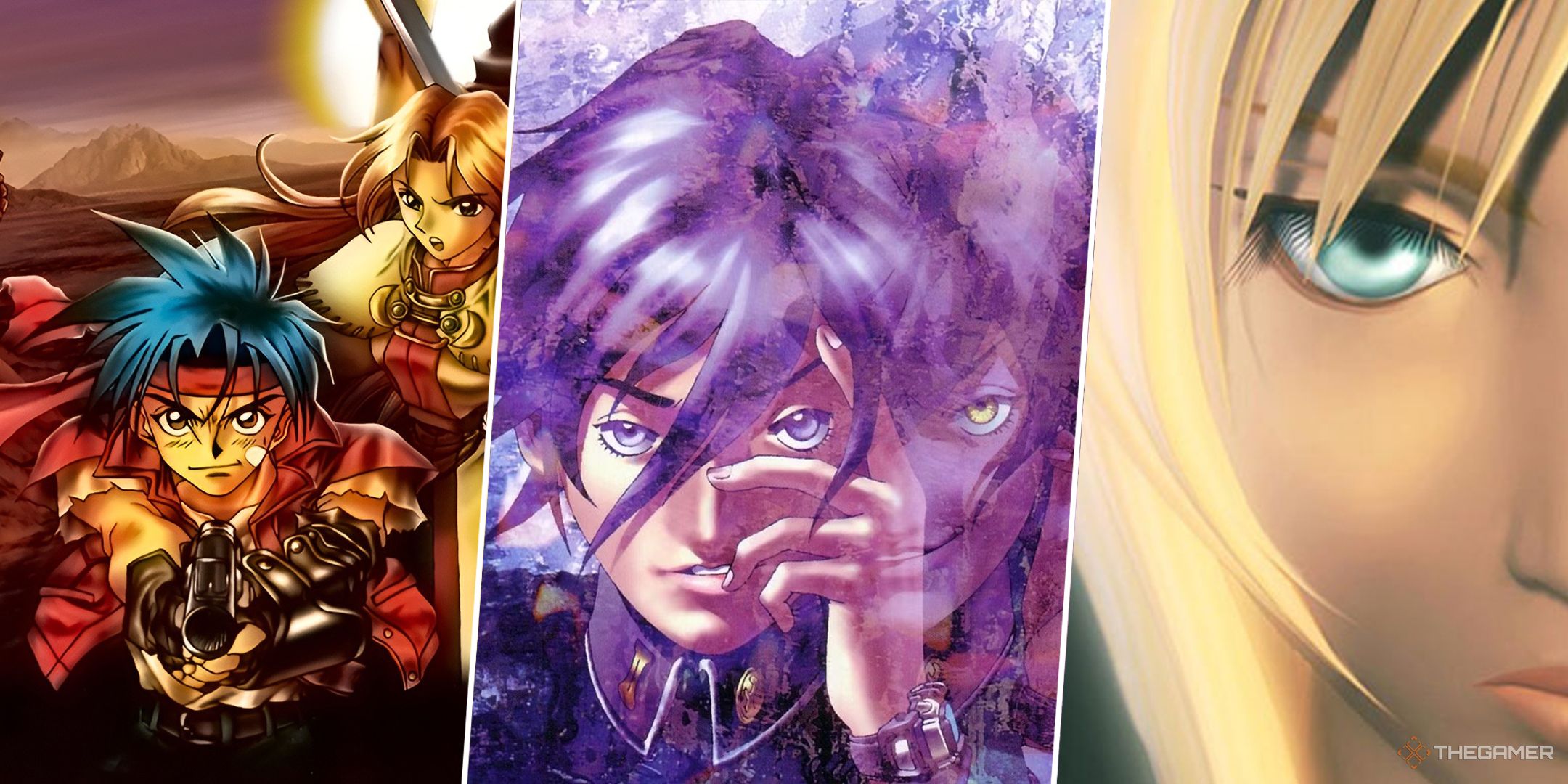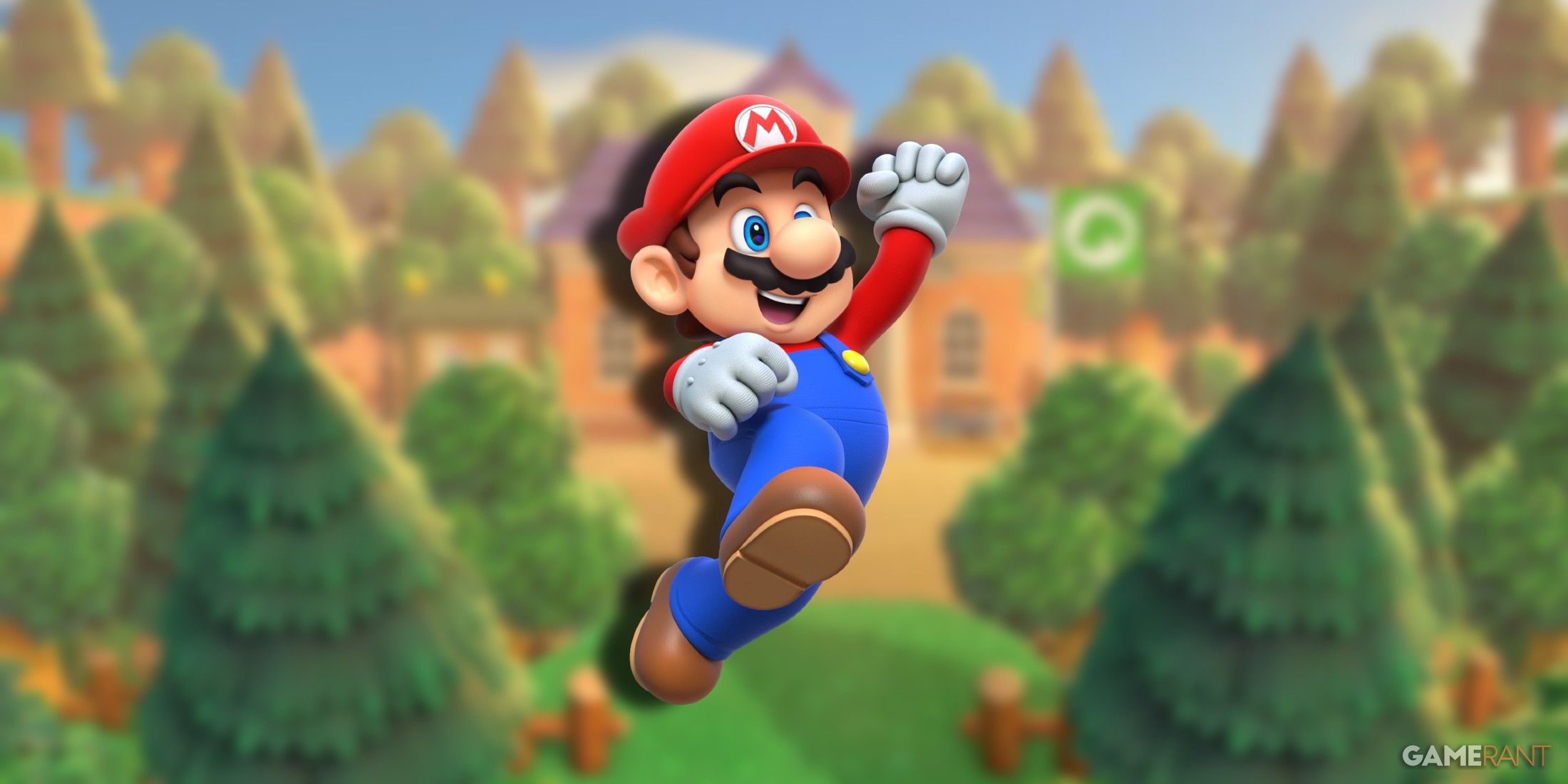How Birmingham, England Changed Rock Music Forever

This past week, Birmingham, England, hosted the Back to the Beginning concert to celebrate the retirements of both Black Sabbath and Ozzy Osbourne. But the Prince of Darkness and his band aren’t the only Birmingham locals to become legends. The city’s other famous groups also include The Moody Blues, Dexys Midnight Runners, UB40, and The Beat (or The English Beat for those of us in North America).
Meanwhile, The Charlatans may have echoed Madchester, but they, too, hail from Birmingham. Don’t forget about Judas Priest, Fine Young Cannibals, Britpop’s Ocean Colour Scene, and Traffic. Here, we’ll highlight how a city in the West Midlands changed rock music forever with these iconic bands.
Led Zeppelin and others were already recording heavy blues in the late 1960s. However, when Black Sabbath emerged from Birmingham, the band’s titular song sounded unlike anything else with its ominous riff and Ozzy Osbourne’s melodic but nightmarish howl. But instead of demons and dark figures, rock legends were being born, and songs like “Paranoid”, “Iron Man”, and “War Pigs” helped pioneer heavy metal with gloomy riffs, sluggish tempos, and occult lyrics. Osbourne then followed his chaotic exit from Black Sabbath with an equally chaotic and groundbreaking solo career.
Duran Duran aided the rise of MTV with daring music videos and a fan hysteria akin to The Beatles during the frenzied heights of the British Invasion. “Hungry Like The Wolf” and “Rio” had cinematic plots that highlighted the band’s vivid sense of style and innovated the most powerful promotional tool for artists since the radio. With Nick Rhodes, the synthesizer became the dominant instrument, and singer Simon Le Bon became one of the most recognized pop stars of the 1980s. “Girls On Film” was Duran Duran’s first hit and introduced post-disco to its new wave future.
When The Beatles broke up in 1970, it left an impossible void to fill in popular music. Even Paul McCartney struggled to gain the respect of critics with his early solo albums. However, Jeff Lynne and his Electric Light Orchestra had Beatles-like ambitions. The “orchestra” in the band’s name was no accident. The group aimed for the orchestral heights of the Fab Four, and John Lennon once called ELO the “Sons of the Beatles.” Lynne eventually formed Traveling Wilburys, his supergroup with George Harrison, Bob Dylan, Tom Petty, and Roy Orbison. He also guided Petty through his first solo masterpiece, Full Moon Fever. But ELO classics “Showdown”, “Mr. Blue Sky”, and “Don’t Bring Me Down” prove Lynne and company had the chops to follow the world’s greatest rock band.
Photo by Michael Ochs Archives/Getty Images
You may also like...
The Economic Cost of Loneliness

Loneliness is silently draining billions from the global economy. This essay uncovers the hidden financial toll of socia...
Lando Norris's Fiery F1 Love Life: Girlfriend Margarida Corceiro Steals Spotlight

Formula One star Lando Norris has rekindled his romance with Margarida Corceiro, publicly confirmed by a kiss after his ...
Fever's Dire Injury Report: Caitlin Clark's Slow Return Impacts WNBA Season

Indiana Fever guard Caitlin Clark has faced an injury-plagued second WNBA season, missing 19 games and the All-Star Game...
007 Race Intensifies: New Bond Picks Emerge, Writer Revealed for Next Blockbuster!

The search for the next James Bond intensifies with Callum Turner emerging as a frontrunner, while acclaimed writer Stev...
Horror Thriller 'Weapons' Unleashes Critical Hype & Jaw-Dropping Premiere Moments!

Zach Cregger's new horror film "Weapons" delivers a chilling mystery about vanishing children, earning critical acclaim ...
Ozzy Osbourne's Final Days: Tributes Pour In As Rock Legend Passes

Heavy metal legend Ozzy Osbourne, who passed away recently at 76, continued to make news posthumously with revelations o...
Taylor Swift's 'The Life of a Showgirl' Album Drops, Shaking Up Music World!

Taylor Swift has officially announced her 12th studio album, "The Life of a Showgirl," during her debut appearance on Tr...
Pete Davidson's Paternity Dream: Star Set to Welcome First Child

Comedian Pete Davidson and model Elsie Hewitt are expecting their first child, a joyful announcement made by Hewitt on I...





